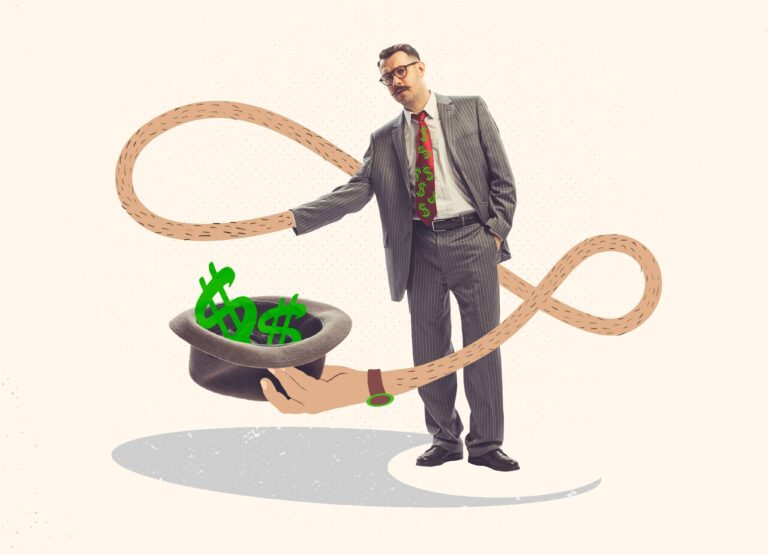The global market for psychedelic drugs including psilocybin, ketamine, and LSD is expected to grow to nearly $12 billion per year before 2030, according to data from a recent market analysis. In a report released last Thursday, Brandessence Market Research revealed that the psychedelic drug market is anticipated to reach a valuation of $11.82 billion by 2029, growing from an estimated $4.87 billion in 2022.
The report shows the global market for psychedelic drugs expanding at a compound annual growth rate (CAGR) of 13.49% over the next six years. The market includes several psychedelic drugs being used or researched as treatments for a wide range of mental health disorders, including psilocybin, LSD, ketamine, MDMA, GHB, and others. The report also highlighted several major players in the worldwide psychedelics market, including, Janssen Pharmaceuticals, Hikma Pharmaceuticals PLC, COMPASS, Verrian, Pfizer Inc., Hoffmann-La Roche Ltd., Jazz Pharmaceuticals Inc., PharmaTher Inc., Avadel, Celon Pharma S.A., and NeuroRx, Inc.
“These companies are trying to attain a firm grip over this intensely competitive market. They are formulating extensive business centric strategies to amplify their global footprint while stay ahead of their prime competitors,” the authors of the report wrote. “They are partaking in activities like mergers & acquisitions, R&D investments, product launches, partnerships, and collaborations, among others to meet their overall developmental goals.”
Several Factors Influencing Psychedelics Market Growth
The report highlights several factors that are likely to contribute to the growth of psychedelic drugs through the end of the 2020s, including a heightened awareness of the reported mental health benefits of psychedelics.
“Additionally, the rising prevalence of depression and other mental disorders worldwide and increasing demand for treatment, are the key factors supplementing the growth of the psychedelic drugs market,” Brandessence Market Research wrote in an analysis of the market published in November. “Furthermore, changes in lifestyle and the desire for a higher and better quality of life [are] expected to contribute toward the market growth. And also increase in R&D initiatives in the sector of psychedelic medicine is projected to drive market expansion during the forecast period.”
Analysis revealed that while the coronavirus outbreak over the last three years caused market declines in many industries, the market for psychedelic drugs actually saw a positive impact from the global crisis.
“The onset of the COVID-19 pandemic had a positive impact on this industry vertical. To contain the spread of the coronavirus, governments across various nations imposed strict lockdowns to restrict the mobility of the masses,” the latest report notes. “People were confined to their homes and had no scope for social interaction. This impacted the mental health of many. In fact, during the pandemic era, the world witnessed a steep rise in the number of suicides triggered by mental health disorders. This escalated the demand for effective drugs to treat such disorders.”
The analysis also reports that the continued strict regulation of psychedelics is the primary factor hindering the growth of the production of psychedelic drugs, noting that “changes associated with psychedelic drug laws and policies are complicated and are resulting in changeable forms of application across different geographical areas.”
“Continuous changes in rules and regulations for the agreement of natural psychedelic drugs are expected to cause delays in the launch of products in the market,” the November report continues. Inflexibility in rules and regulations by the government is a major restraint for the dissociative psychedelic drugs market. In spite of that, an increase in research and development expenditure in this field may offer more opportunities for the further growth of the global psychedelic drugs market.”
Psychedelics And Mental Health
Researchers continue to study the potential medicinal applications of psilocybin and other natural psychedelic drugs, which are often also referred to as entheogenic plants and fungi. A study published in 2020 in the peer-reviewed journal JAMA Psychiatry found that psilocybin-assisted psychotherapy was a quick-acting and effective treatment for a group of 24 participants with major depressive disorder. And separate research published in 2016 determined that psilocybin treatment produced substantial and sustained decreases in depression and anxiety in patients with life-threatening cancer.
